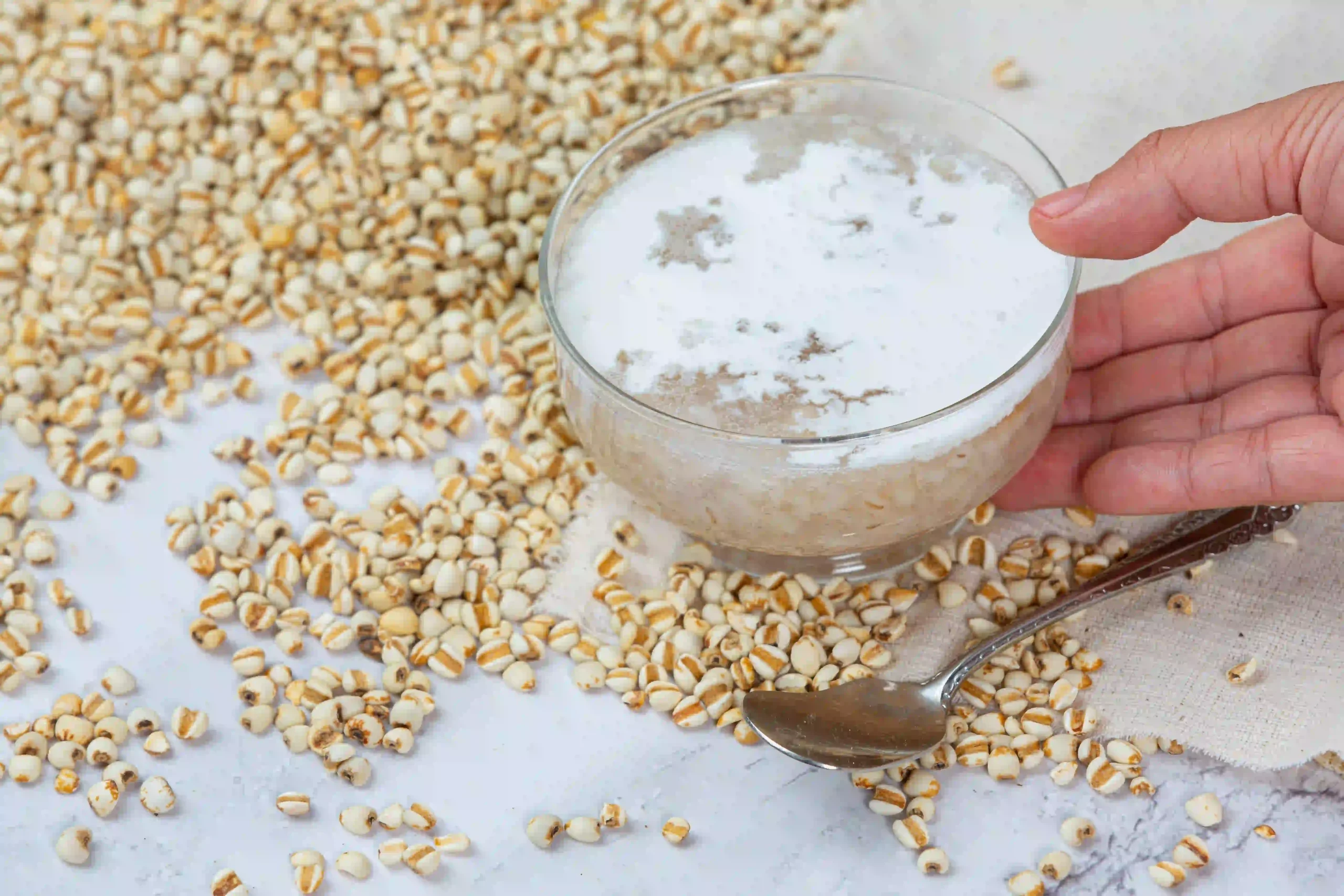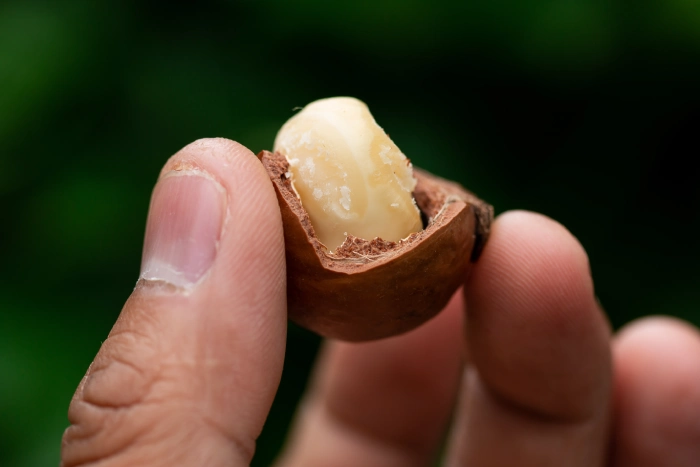Exploring the Health Benefits of Wheat and Its Derivatives
Recent research has shed light on the remarkable antioxidant and anti-inflammatory properties of wheat and its derivatives. This groundbreaking study investigates the potential of hydroalcoholic extracts from various wheat products, including seeds, flour, chaff, and pasta, in combating oxidative stress and inflammation – two key factors in the development of chronic degenerative diseases.
The researchers employed a comprehensive approach to evaluate the efficacy of these wheat extracts. They began by quantifying the total phenolic and flavonoid compounds present in the extracts, which are known for their antioxidant properties. The antioxidant activity was then assessed using standard ABTS and DPPH assays, providing a clear picture of the extracts’ ability to neutralize harmful free radicals.
One of the most intriguing aspects of the study was the examination of how wheat extracts influence microglia, the primary immune cells in the central nervous system. The results were promising, showing that the extracts could promote the polarization of microglia towards an anti-inflammatory phenotype. This effect persisted even in the presence of lipopolysaccharide (LPS), a potent pro-inflammatory agent. The researchers used real-time qPCR and immunofluorescence assays to measure the increased expression of anti-inflammatory markers, confirming the extracts’ ability to modulate the immune response.
To further explore the antioxidant properties of wheat extracts, the researchers turned to Caenorhabditis elegans, a widely used model organism in biological research. They observed a reduction in reactive oxygen species (ROS) levels and an increase in the expression of antioxidant enzymes GST-4 and SOD-3 in the nematodes treated with wheat extracts. These findings were corroborated through both real-time qPCR and fluorescence experiments.
The study also delved into the effects of wheat extracts on key genes involved in innate immune response and stress resistance pathways. The expression levels of daf-16, sek-1, and pmk-1 genes were evaluated using real-time qPCR, revealing that the extracts stimulated innate immunity and enhanced stress resilience in C. elegans.
This comprehensive investigation demonstrates that wheat and its derivatives possess significant anti-inflammatory and antioxidant properties. The researchers suggest that these findings could pave the way for the development of functional foods that harness the health-promoting potential of wheat extracts.
Moreover, the study highlights the potential for valorizing agricultural and agro-industrial by-products, which could have far-reaching implications for the circular economy. By finding valuable uses for materials that might otherwise be discarded, this research opens up new possibilities for sustainable practices in the food industry.
Commentary by SuppBase columnist Alice Winters:

This groundbreaking study on wheat extracts presents a compelling case for the often-overlooked health benefits of this staple grain and its derivatives. As a nutrition expert, I find the multifaceted approach of this research particularly noteworthy, as it addresses several crucial aspects of health maintenance and disease prevention.
The researchers’ focus on inflammation and oxidative stress is timely and relevant, given the growing body of evidence linking these processes to a wide range of chronic diseases. By demonstrating the ability of wheat extracts to modulate microglial polarization and reduce oxidative stress, this study opens up exciting possibilities for developing natural interventions against neurodegenerative disorders and other inflammation-related conditions.
One of the most intriguing aspects of this research is the use of C. elegans as a model organism. This tiny nematode has been a powerhouse in genetic and aging research, and its use here provides valuable insights into the systemic effects of wheat extracts on oxidative stress and innate immunity. The observed upregulation of antioxidant enzymes and stress resistance genes in C. elegans suggests that wheat extracts could have far-reaching benefits beyond localized anti-inflammatory effects.
However, it’s important to note that while these findings are promising, they are still preliminary. The translation of results from in vitro and animal studies to human health benefits often faces significant challenges. Future research should focus on human trials to confirm these effects and determine optimal dosages and delivery methods for potential therapeutic applications.
From a consumer perspective, this study underscores the potential health benefits of incorporating whole wheat and wheat derivatives into one’s diet. However, it’s crucial to remember that the extracts used in this study are concentrated forms of wheat compounds, and simply increasing wheat consumption may not yield the same dramatic effects.
The implications for the food industry are significant. This research could drive the development of new functional foods and nutraceuticals that harness the antioxidant and anti-inflammatory properties of wheat extracts. Moreover, the potential for utilizing agricultural by-products aligns well with growing consumer demand for sustainable and environmentally friendly products.
In conclusion, while this study presents exciting possibilities, it’s essential to approach these findings with measured optimism. As always in nutrition science, more research is needed to fully understand the potential of wheat extracts as health-promoting agents. Nonetheless, this study serves as a powerful reminder of the complex and often surprising health benefits that can be found in common foods and their by-products.



